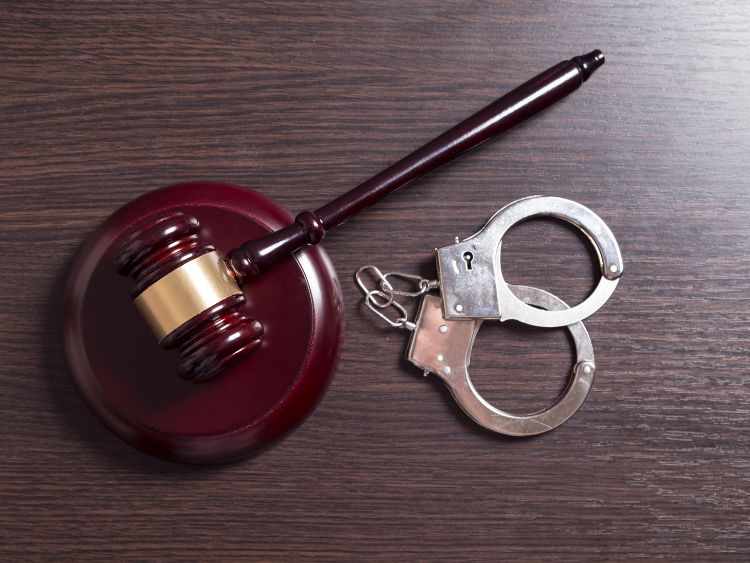Ever wondered what happens behind the scenes of a criminal trial? From the echoing “Order in the court!” to the final, heart-stopping bang of the judge’s gavel, the process of criminal law and procedure is both fascinating and complex. This comprehensive guide will take you on a journey through the intricate maze of criminal law, shedding light on the procedural steps that govern legal practices. Buckle up as we delve into the essentials, uncover lesser-known facts, and equip you with knowledge that’s as useful as it is intriguing.
What Is Criminal Law?
Criminal law refers to the body of law that relates to crime. It prescribes conduct perceived as threatening, harmful, or otherwise endangering to the property, health, safety, and moral welfare of people. Most criminal law is established by statute, which is to say that the laws are enacted by a legislature.
Key Elements of Criminal Law:
- Legality: There must be a law that describes the conduct as criminal.
- Actus Reus: The act of committing a crime.
- Mens Rea: The intention or knowledge of wrongdoing.
- Consequence: The act must cause harm to some legally protected value.
The Criminal Procedure: A Step-by-Step Guide
Criminal procedure involves the rules governing the series of proceedings through which the government enforces substantive criminal law. From arrests to sentencing, the procedural practice plays a pivotal role in maintaining justice. Here’s what the typical journey through criminal procedure might look like:
1. Investigation
Law enforcement officers investigate an alleged crime. Gathering evidence may involve collecting physical evidence, conducting interviews, and executing search warrants.
2. Charging
The prosecutor considers the evidence and decides whether to file charges or drop the case. If charges are filed, the accused will be summoned to court.
3. Arraignment
The accused appears in court to hear the charges against them and is asked to enter a plea. Available pleas include guilty, not guilty, or no contest.
4. Pre-Trial Motions
The defense and prosecution request the court to manage the proceedings. This could include motions to dismiss, motions for change of venue, or motions to suppress evidence.
5. Trial
A trial might be before a jury or a judge and involves opening statements, witness testimony, cross-examinations, and closing arguments.
6. Sentencing
If the accused is convicted, the judge will issue a sentence based on guidelines, the nature of the crime, and its severity.
7. Appeals
The convicted party can appeal the conviction, seeking a review of the legal process to identify any potential errors.
Navigating Legal Jargon
Understanding some commonly used legal terms can demystify the process and clarify proceedings. Here are a few:
- Acquittal: Freeing someone from a charge by verdict of not guilty.
- Conviction: A formal declaration that someone is guilty of a criminal offense.
- Indictment: A formal charge or accusation of a serious crime.
- Subpoena: A writ ordering a person to attend a court.
FAQs in Criminal Law and Procedure
Q1: What rights do I have if I’m arrested?
A: You have the right to remain silent, the right to an attorney, and the right to be treated humanely.
Q2: Can charges be dropped before the trial?
A: Yes, charges can be dropped by the prosecutor or dismissed by the judge for various reasons including insufficient evidence or procedural errors.
Q3: What’s the difference between a felony and a misdemeanor?
A: Felonies are more serious crimes typically punishable by imprisonment for more than one year, while misdemeanors are less severe offenses punishable by less than one year.
Conclusion
Criminal law and procedure form the foundation of the judicial response to crime. By understanding the legal framework, individuals can better navigate the complexities of the law, advocate for their rights, and appreciate the safeguards that protect the accused and ensure fair treatment in the justice system. Whether you’re a student, a legal professional, or just a curious mind, knowledge of this area not only demystifies legal processes but also reinforces the importance of justice and accountability in society.
As we’ve explored the winding paths of criminal law and procedure, remember that each case is unique and the legal landscape constantly evolves. Stay informed, stay engaged, and always seek professional advice when needed.
